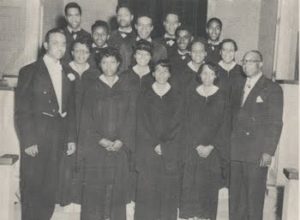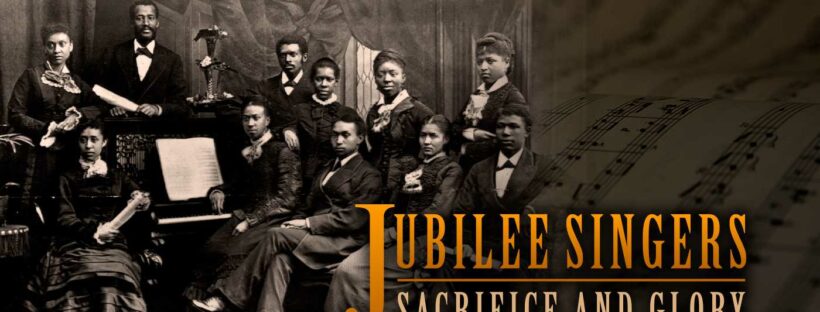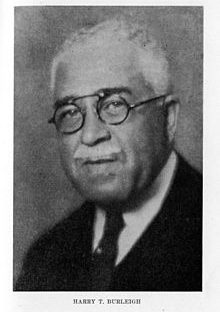
The choir Wings Over Jordan made numerous contributions to choral music using the spirituals. The transmission of spirituals that began within the institution of slavery were adapted for demonstrations and marches during the Civil Rights Movement. The songs were created to illuminate political, social and cultural environmental messages. The recognition of this choir resulted in music recordings, USO tours during World War II, as well as other international performances. The choir performed weekly on the “Negro Hour” over radio station WGAR in Cleveland, Ohio. Check out this Master’s Thesis!






 Deacon James Garfield Smalls is 98, but he’s still got a boombox inside that rumbles out spirituals he learned from his great-grandfather on St. Helena Island.
Deacon James Garfield Smalls is 98, but he’s still got a boombox inside that rumbles out spirituals he learned from his great-grandfather on St. Helena Island.